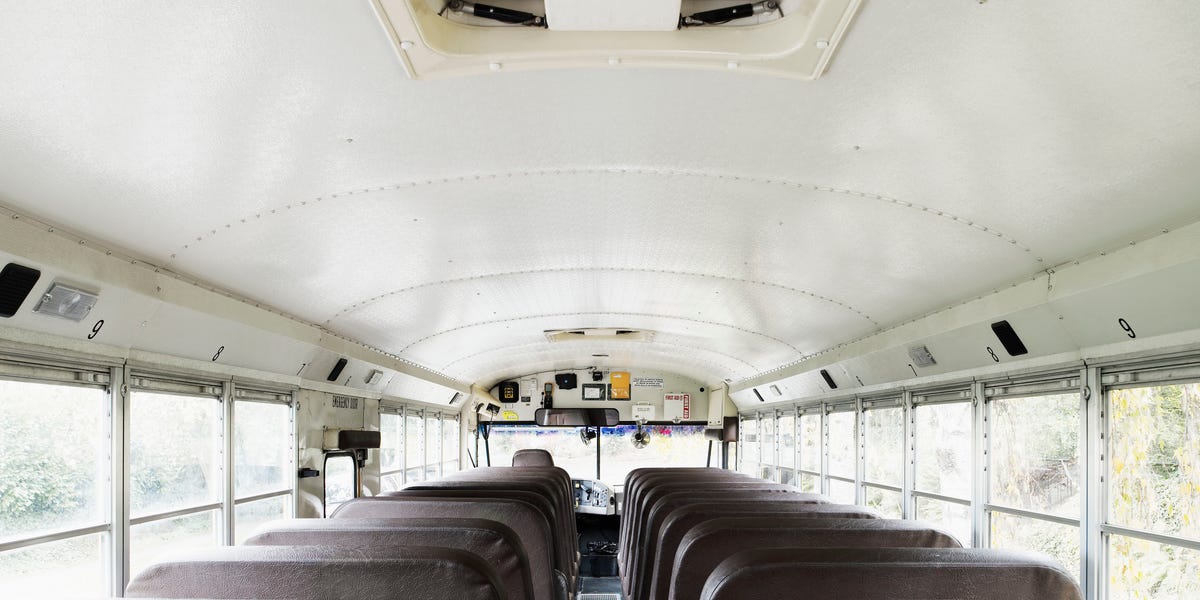

I came of age in Covington, the same part of Kentucky where Nick Sandmann and the other MAGA-hat-wearing “Covington Boys” live, when they are not staring down indigenous activists. The question of whether the Cov Cath high school students did anything wrong seems obvious to me, but America takes a long time to come to an agreement. Kentucky, for instance, fought against the Confederacy. But almost 150 years later, when I was the same age as those “tomahawk chopping” teenagers, anonymous pamphlets with Confederate flags printed on them were left in my neighborhood (where only one black family lived: mine). The flea markets in Kentucky are filled with Confederate flag memorabilia, and in the time since I’ve been gone, the same booths sell “all lives matter” bumper stickers, thin blue line American flags, and MAGA hats. What each of these means remains always up for debate.
When I see hundreds of people wonder aloud about clear acts of intimidation, I think of how much of my writing is haunted by self-doubt. My entire life I have been asked to consider if I might be imagining prejudice I perceive, until any decision I come to becomes shaky. I asked it every draft of my poem “Fieldnotes,” in which I recall being 20, sitting in my car with my white girlfriend in a little field of grass in Covington. A police officer knocked on my window:
he asks my girlfriend not if she is white
since even in this light
what we are is obvious
but instead the sheriff offers some western
philosophy: ma’am he asks
are you here of your own free will
I think about how my wavy hair and light skin confuses strangers, and so the slur I am called changes depending on the day. I can tell you about working customer service in Covington, and throughout Northern Kentucky, where white people would ignore my name tag and call me Pedro, or Jose, or Muhammad. How could I convince you that, when a customer drops nacho cheese on herself and hisses at me “look what you fucking did, Pedro,” the injustice I feel is not imagined, even if the words are not slurs? That my mother, who is behind the woman in line, visiting me at work, did not imagine her own hurt, or anger? That neither of us said anything, because we know who will win if we make this a fight?
I have been writing about Kentucky my entire life. About being racially ambiguous, so that I get to hear the secret black jokes I was never meant to hear, because my boss at White Castle thinks I am Mexican, not black. About riding the bus to my high school, Dixie Heights, which is a 10-minute drive down the same road as the Covington Boys’ school, Cov Cath. They were our rivals, and share our mascot: both our teams were the Colonels. I spent every ride with my face pressed against the glass as the kids on the bus called me “dirty Mexican,” and asked why my skin was so dirty. One bus carried middle school and high school students together. The age difference made no difference: the middle school children were more than comfortable staring me in the face. Smirking. I spent three years enduring over an hour of questions each day—questions to which no answer mattered. Nobody ever stopped them, not the bus driver or any other student. There were cameras. There often are. But there is no way to convince an audience dead set on the innocence of their children that a smirk can hold weight. Not with the testimony of those affected, not when it is filmed, not when a crowd of teenagers mock a native elder with a dance that reduces his entire culture to a mascot. And if you can convince someone to listen, pray that you have lived the life of a saint, that nothing you’ve said can be accused of inconsistency or emotion. The barest hint of trouble from a man like Phillips, or a brown teenager sitting on a bus, is seen as justification for retaliation.
We had moved to Kentucky from California when I was 12. I remember the road trip from there to Kentucky—we took the long road. My dad had retired from the Air Force as a captain, and he wanted to show us, finally, our country. We went to the capital, to the Epcot Center, to Dollywood, and we took a tour of a Virginia plantation. The guide might not have recognized my brother or me as black, but my father obviously was. Even so, she excitedly told our group that we were all welcome to visit dressed as if we were living in the early 1800s. Our mixed race family could not exist on a plantation. Period appropriate dress for my father, my brother, and me would be a pile of rags. A popular fantasy in America is that people of color are overly sensitive about racial infractions. But our family said nothing that day. We continued the tour. I said nothing on the bus. I learned to drive. If we were to actually interview Phillips or other indigenous people, we might know what it is like to break a silence.
I don’t only write about racism in Kentucky of course. I write about having left, and the struggle to return, and the love I’ve felt in the hills and the fields and the German architecture of Covington, Kentucky. In Covington (and in Chicago, and Vermont, and Ohio and every place I’ve ever traveled) curious strangers want to understand my skin. Wherever I am from, there is a desire to build a wall. Any place I go. This can be such a hard country. I wrestle all the time with the words to describe it:
Who better knows your gravity and goes
otherwise, to catastrophe?
Be the first to comment